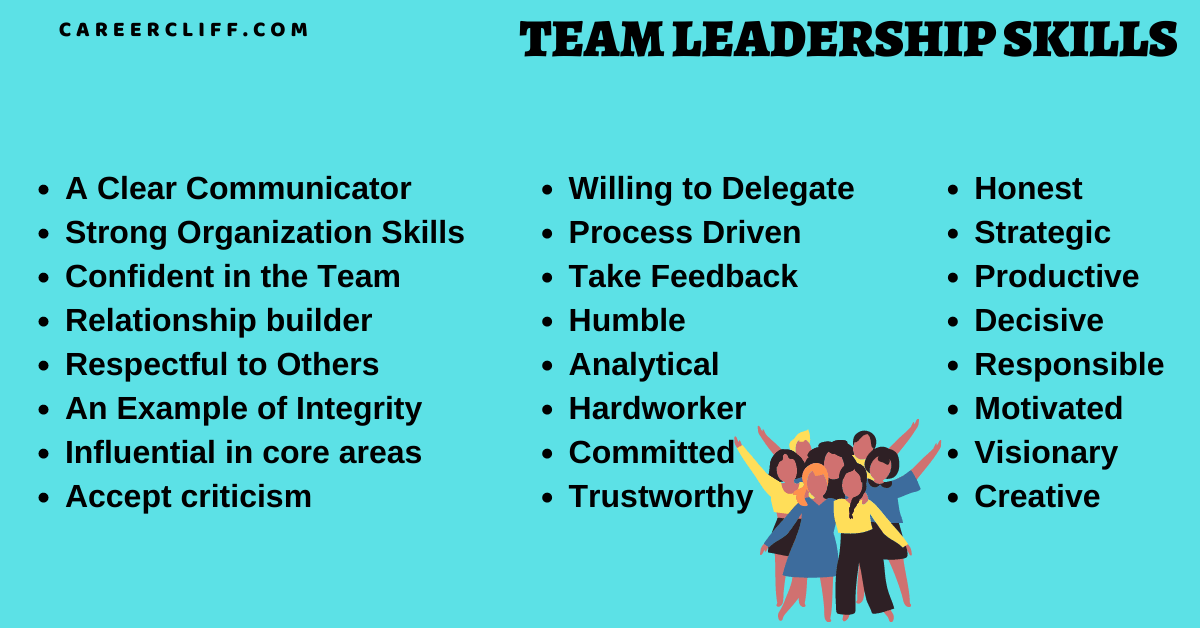Nurturing a Positive Mindset in Management

In the modern fast-paced and ever-changing business landscape, efficient guidance is crucial. Executives are faced with various challenges, including guiding varied teams to navigating ambiguity and cultivating a environment of creativity. To succeed in this context, developing a growth mindset is essential. Home page enhances a leader's capacity to respond but also enables them to inspire and uplift their groups, drive performance, and achieve enduring results.
Developing the top leadership skills is crucial for any worker aiming to create a significant difference. Including effective communication and empathy to strategic thinking and resilience, each competence plays a key role in developing great managers. By incorporating a growth mindset, leaders can actively improve these skills, building an environment where both they and their staff can grow, advance, and prosper together. This piece will discuss key skills for effective leadership and practical strategies to nurture a growth mindset in your leadership development.
Essential Management Competencies
Successful leadership is built on a base of essential skills that all professional should cultivate. Among them, robust decision-making stands out as a vital competency. Leaders are often faced with difficult problems that necessitate making timely and well-considered choices. To develop effective decision-making, leaders must evaluate situations carefully, take into account multiple perspectives, and remain open to suggestions. This skill not only helps in dealing with uncertainties but also builds a sense of trust within the team, as members feel their input is recognized.
Emotional intelligence is an additional important leadership skill that significantly influences team dynamics and overall effectiveness. Leaders with strong emotional intelligence can perceive and manage their own emotions while also comprehending and relating with the emotions of their colleagues. This ability enables leaders to build deeper relationships with their teams, creating an space where individuals feel safe to voice their ideas and concerns. Ultimately, social intelligence leads to improved collaboration, motivation, and conflict resolution.
Communication is the foundation of great leadership, serving as the bridge that brings together leaders and their teams. Successful leaders deliver their messages effectively, pay attention actively, and adapt their communication style to suit different team members and situations. By perfecting the art of communication, leaders can encourage their teams, articulate their vision, and provide helpful feedback that drives growth. This skill is particularly important in our ever more remote and multifaceted workplaces, where clarity and understanding become essential to ensuring team cohesion and productivity.
Cultivating Strong Leadership Skills Strategies
In order to cultivate a developmental mindset in leadership practices, it is essential to embrace successful practices that foster persistent improvement and adaptability. One of the key practices is to prioritize emotional awareness. This critical skill enables leaders to relate with their team members on a more profound level, comprehending their emotions and motivations. By exercising empathy and self-control, leaders can create an climate where individuals feel appreciated and recognized, leading to enhanced team interaction and boosted performance.
An additional important practice is to enhance communication skills. Effective communication acts as the bedrock of great leadership, as it facilitates direct sharing of thoughts and objectives. Leaders should engage in active listening, ensuring they fully grasp the viewpoints of their staff. This not only encourages open dialogue but also creates rapport within the team. When team members feel acknowledged, they are more likely to participate and collaborate towards common goals.
Lastly, flexibility is a critical leadership skill for modern times. In today’s rapidly changing work environment, leaders must be able to adjust and adjust their strategies when faced with challenges. Fostering a agility in learning mindset helps leaders embrace change and consider setbacks as possibilities for growth. By demonstrating perseverance and supporting their teams to be adaptable, leaders can manage uncertainties effectively and cultivate a climate of creativity within their organizations.
Fostering a Constructive Leadership Culture
Creating a supportive leadership culture is vital for nurturing an atmosphere where staff feel appreciated and driven. Leaders set the standard for their teams, and it is important to demonstrate conduct that foster teamwork, respect, and faith. By transparently communicating expectations and demonstrating empathy, managers can cultivate a climate that values emotional intelligence and thoughtful listening. This strategy not only improves bonds within the team but also fosters a feeling of community and shared purpose.
To additionally improve a constructive management environment, leaders should regularly solicit opinions from their team members. By being friendly and willing to hear suggestions, managers create a secure environment for employees to communicate their ideas and concerns. This approach not only supports effective communication but also encourages creativity and innovation, allowing the group to discover new approaches and improve processes. As confidence is built through consistent input, it empowers employees to take ownership and fully engage in their positions more completely.

Finally, recognizing and celebrating achievements, both large and small, is crucial for maintaining a constructive culture. Managers should take the initiative to appreciate hard work and achievements within the team, which contributes to motivate individuals and improves overall team spirit. By cultivating resilience through guidance and encouragement, managers can foster a learning orientation where challenges are viewed as chances for development and enhancement. This environment not only contributes to personal growth but also drives organizational success for the company.
